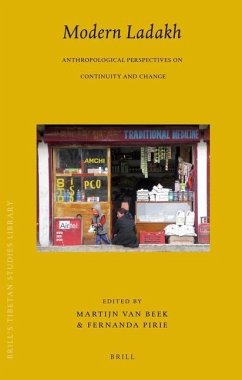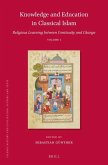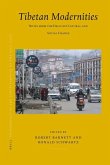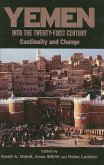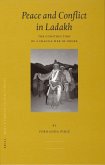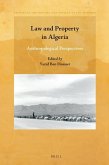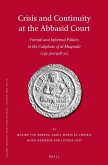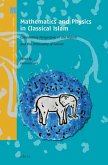The modern history of Ladakh has been profoundly shaped by influences from South Asia and beyond. In detailed empirical case-studies the contributors document and analyse change and continuities in this region brought about by colonialism, independence and modernisation. In an introductory review essay highlighting emerging themes and continuing debates in the scholarship on Ladakh, the editors argue for the need to situate Ladakh in an Indian and South Asian context, while also taking into account its cultural, linguistic and historical ties with Tibet. Studies from the neighbouring (sub)regions of Kargil, Ladakh, Zangskar and Baltistan are brought together to make an important contribution to the anthropological and sociological literature on development and modernity, as well as to Ladakh, Tibetan and South Asian studies.

